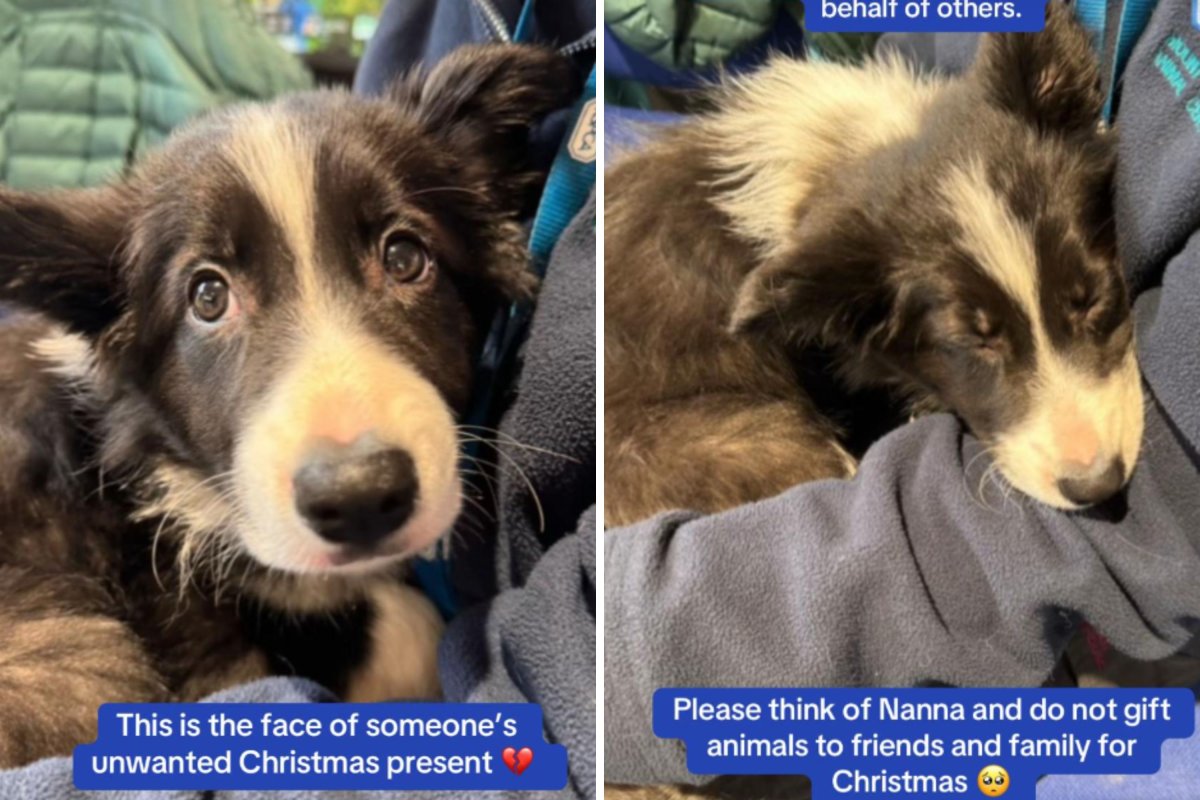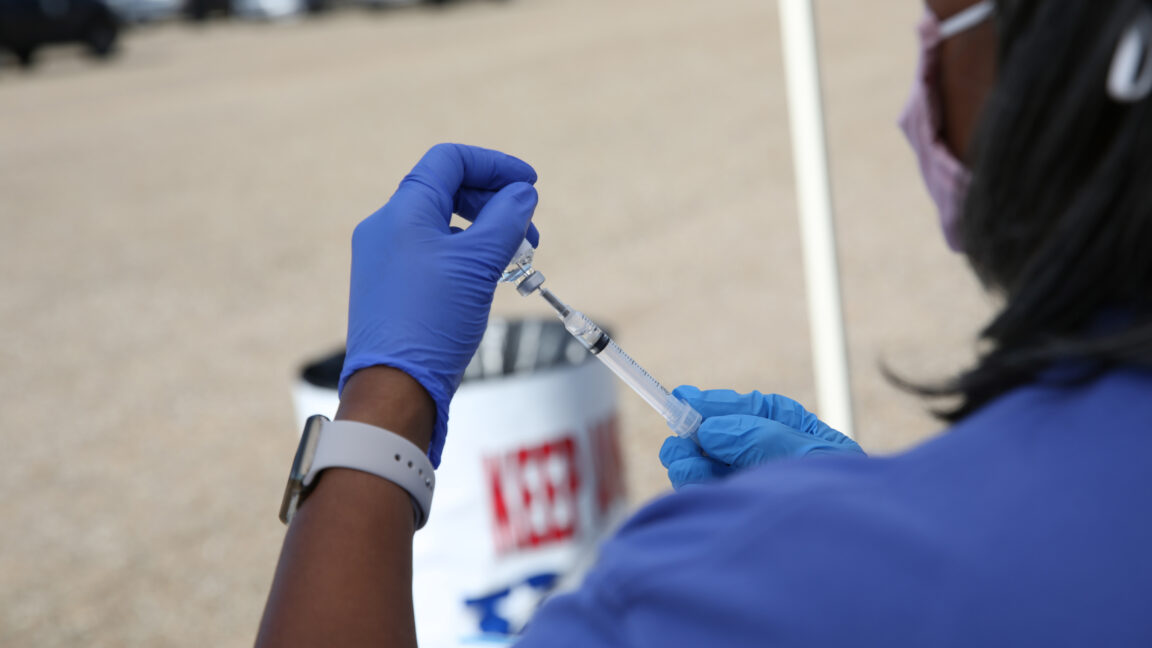Secret Ways to Understand Your Partners 'Love Language'

You don't always need your partner to spell out their love language—chances are, they're already showing you without realizing it.
Relationship experts say that by paying attention to small but consistent patterns, you can uncover what makes your partner feel most loved. Newsweek spoke to clinical psychologist Dr. Easton Gaines and therapist Lisa Anderson about ways you can intuit your partner's love language. They agreed: love languages aren't just about words—they're also about actions, habits and even frustrations.










